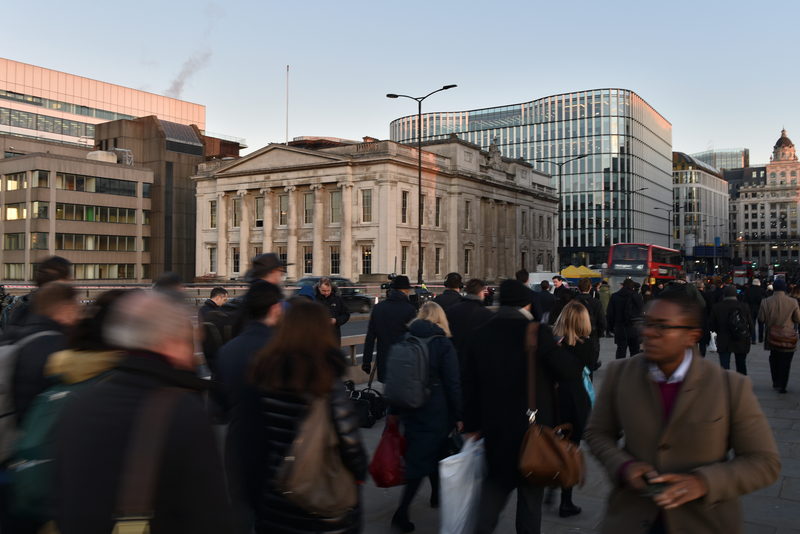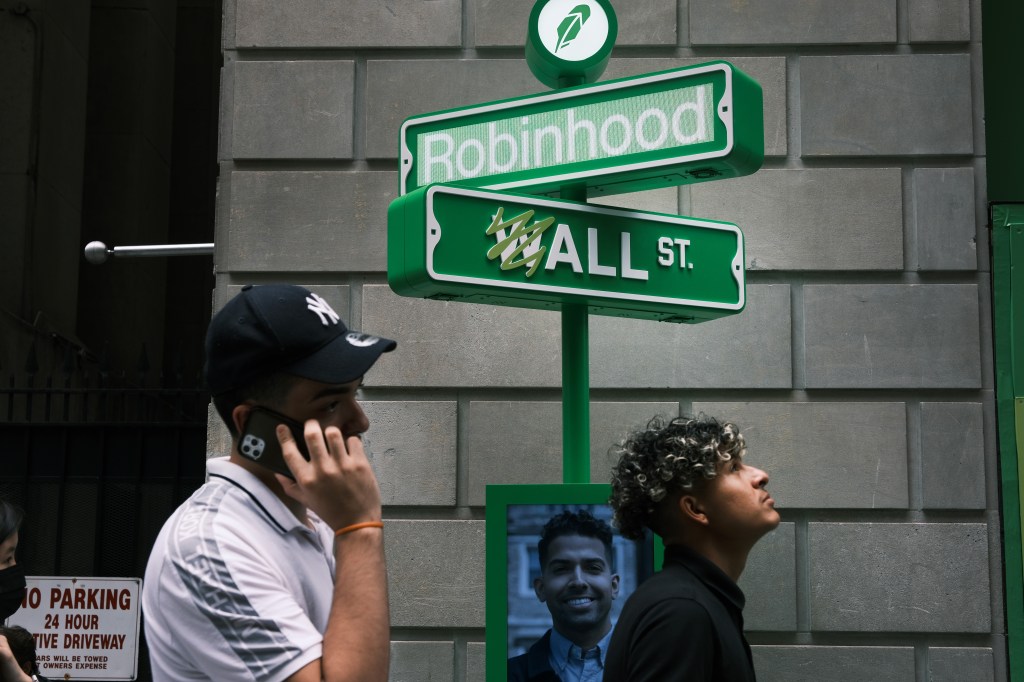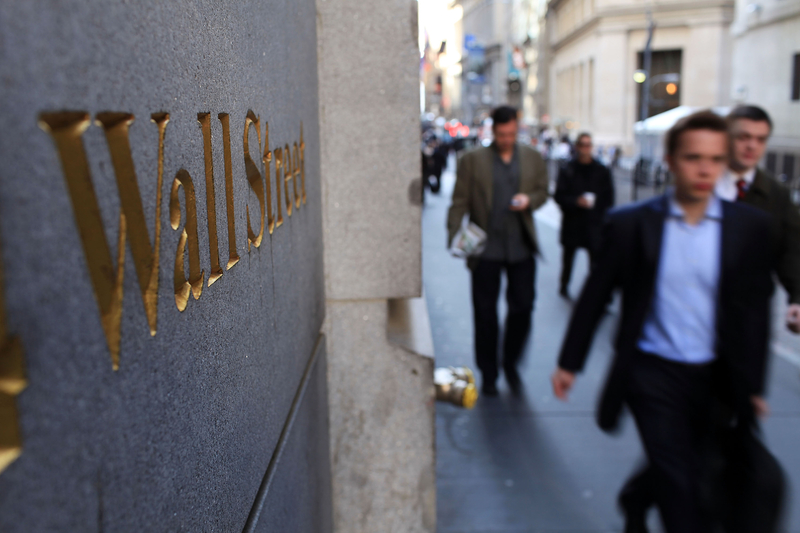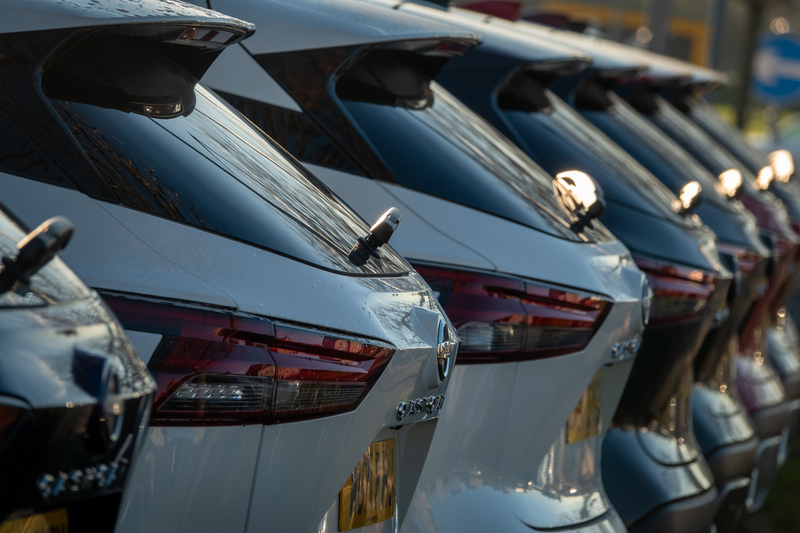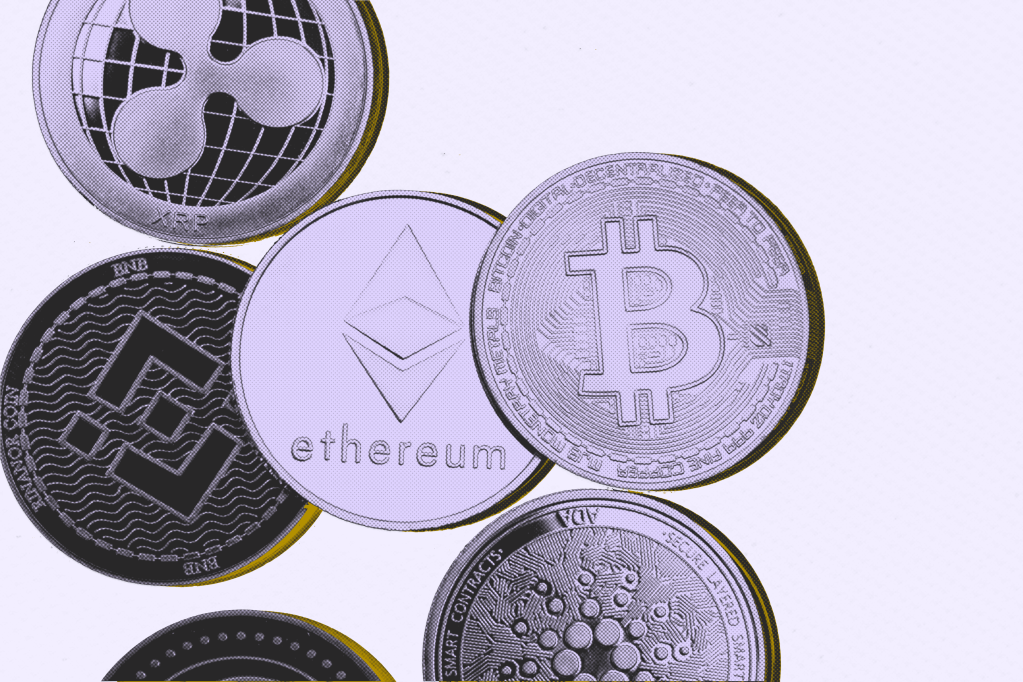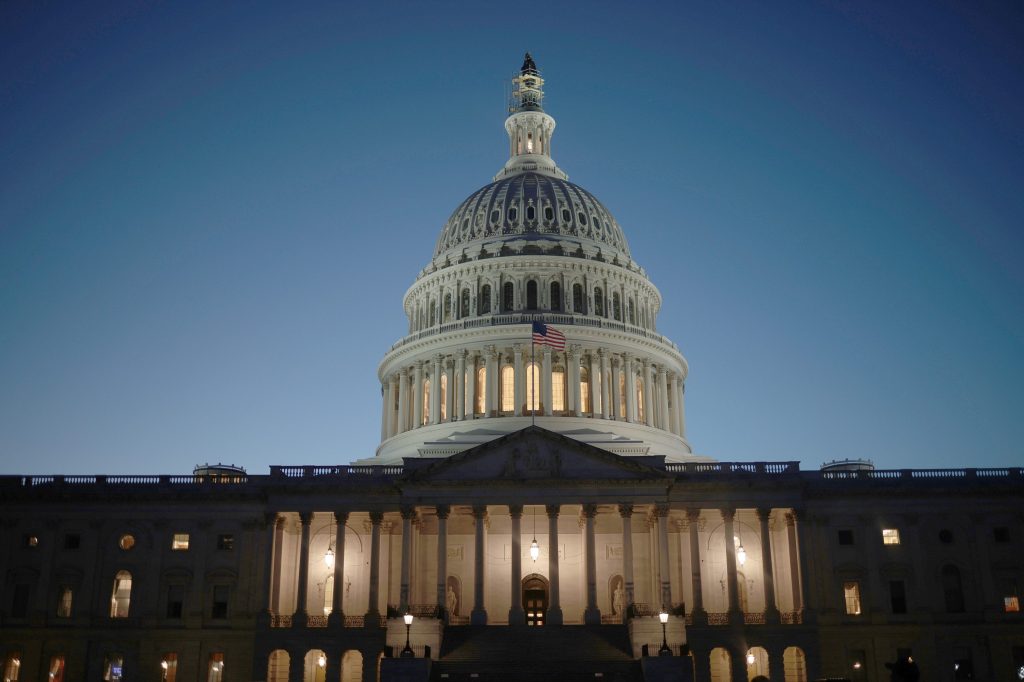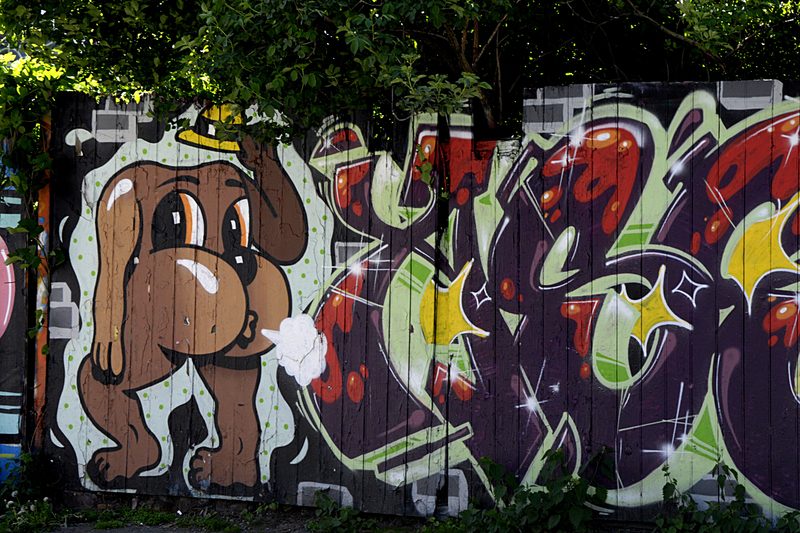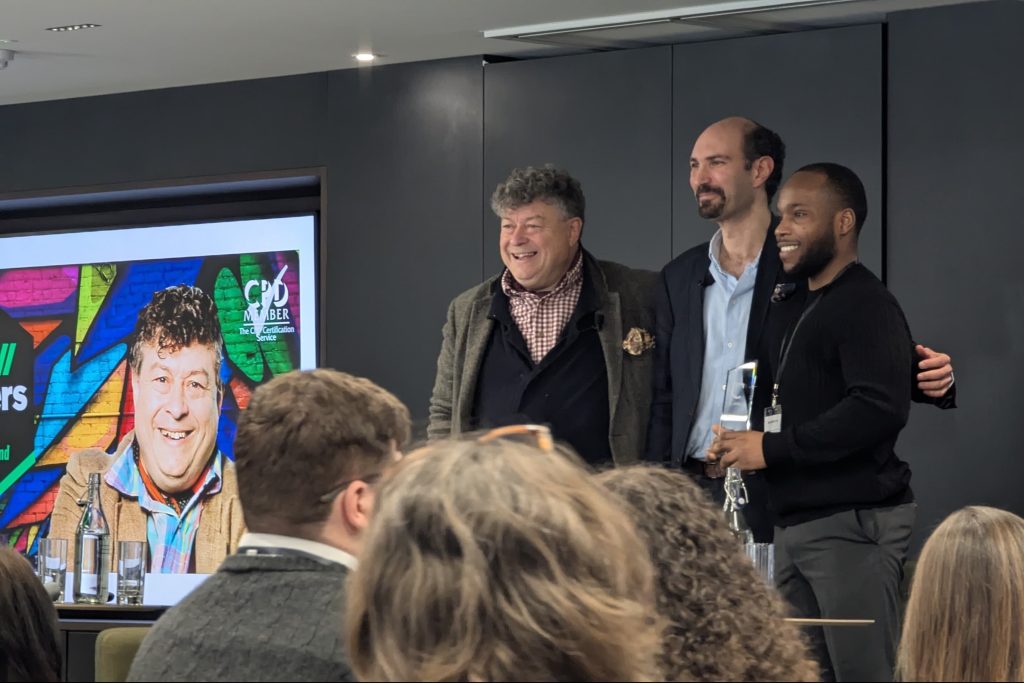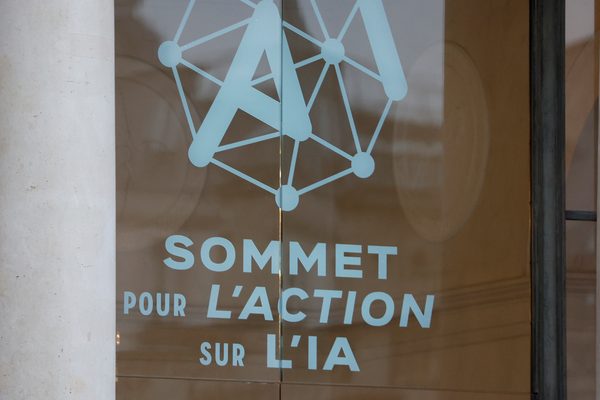A two-day AI Action Summit took place in the French capital on February 10 and 11, attended by “participants from over 100 countries, including heads of state and government, international organizations, civil society, the private sector, academia and research.”
Developing the technology in an inclusive and transparent way, and sharing achievements with less developed countries, was the dominant theme, with little focus on AI safety and regulation.
The event ended with a “Declaration on sustainable and inclusive artificial intelligence for people and planet”, with 60 countries from around the world putting their signatures on the non-binding accord. But two, the US and the UK, did not.
Participants called for an “approach that will enable AI to be ethical, safe, secure, trustworthy and human rights-based,” and also highlighted “the need and urgency to reduce inequalities and support developing countries in building their artificial intelligence capacities.”
The majority of the participants, including the host France, insisted on adopting a multilateral approach to developing AI. They also highlighted a number of priorities, which included:
- promoting AI accessibility to reduce the digital divide;
- ensuring that AI is open to all, inclusive, transparent, ethical, safe, secure and trustworthy, in compliance with international frameworks;
- enabling innovation in the field of AI by creating the conditions conducive to its development and avoiding market concentration, thereby supporting industrial recovery and development;
- encouraging the deployment of AI that positively affects the future of work and labor markets and opens up prospects for sustainable growth;
- making AI sustainable for people and the planet;
- strengthening international cooperation and promoting coordination of international governance.
They also called for “inclusive multi-stakeholder dialogues and cooperation on AI governance,” whilst also highlighting the need to enhance trust and security.
Innovation and investment
Another noticeable takeaway from this year’s summit was the clear change of course from participants in relation to AI regulation, with a number of key speakers focussing more on innovation, investment and development instead.
This was also evident from the fact that the French hosts called the event AI Action Summit’ The world Action directly replaced Safety, which was used in the title of the 2023 UK version of the event.
US Vice-President JD Vance told the gathering: “I’m not here to talk about AI safety, I’m here to talk about AI opportunity,” sticking to the Trump administrations’s stance of less regulation and more innovation.
There was even a change of tone from EU leaders, who have one of the most comprehensive and strict AI regulatory frameworks in the form of the EU AI Act. European Commission President Ursula von der Leyen said: “This summit is focused on action, and that’s exactly what we need right now.”
And speaking of action, French President Emanuel Macron announced an investment of €109 billion ($113 billion) in AI over the coming years, signalling European ambitions to compete with US and China.
“It’s the equivalent for France of what the United States announced with Stargate,” Macron said of the project, which will mainly focus on establishing data centres.
His announcement came a week after the UAE said it would invest around €30 billion to $50 billion in building a new data centre in France which, according to officials, will be ‘the core of a new AI campus’.
US, UK ditch final declaration
Sixty countries from Europe, Asia, Africa and Latin America, including China, Germany, India, Japan, France, Canada, and the UAE signed up to the final non-binding declaration on inclusive and sustainable AI.
But the headlines were generated by the two countries that didn’t sign, the US and the UK.
The US was represented by Vice President JD Vance, who took no time to pour cold water on European efforts to bring about more openness, transparency and inclusivity around the development of AI.
He reminded participants that the US still was the global leader in AI and that the Trump administration wanted to make sure that remained the case in the future. He also asserted that the US had all the key components required for developing AI, including semiconductors, algorithms, and transformational applications.
“I’m not here to talk about AI safety, I’m here to talk about AI opportunity.”
US Vice-President JD Vance
Vance also warned that countries should safeguard AI from “idealogical bias”, and that excessive and unnecessary regulation could kill a technology that was just taking off.
A UK government spokesperson was quoted by multiple outlets saying: “We felt the declaration didn’t provide enough practical clarity on global governance, nor sufficiently address harder questions around national security and the challenge AI poses to it.”
UK officials rejected claims they did not sign the declaration just because the US had also not signed it, insisting that they did not know the US’s reasons for their decision.
But despite Vance’s tough and clear stance on maintaining US leadership in AI development, experts warned that the ‘closed-source’ nature of US LLMs could pave the way for countries like China, who follow a more open-source approach to AI, to take the lead.
Former Google chief Eric Schmidt told the Financial Times: “If we don’t do something about that, China will ultimately become the open-source leader and the rest of the world will become closed-source.”
Global race intensifies
The Paris summit took place against the backdrop of a number of key developments around the world in relation to the development of and investment in AI technology.
Last month, the arrival of DeepSeek, the Chinese AI assistant and chatbot took the AI industry by storm and left rivals in the US and elsewhere bamboozled. Reportedly built at a fraction of the amount spent by US rivals, DeepSeek’s arrival resulted in the shares of US tech firms tumbling, and triggering sell-offs of more than $1 trillion.
Despite concerns, OpenAI, the world’s largest AI firm and DeepSeek’s main rival, has announced it is talking to investors about a new $40 billion funding round, the Financial Times has reported.
OpenAI is also at the centre of an ambitious new US AI infrastructure project dubbed Stargate. Supported by President Trump, the venture is expected to spend around $500 billion on AI projects in the next four years.
The Paris Summit also coincides with fresh political tensions between the US and Europe, with President Trump repeatedly threatening to increase tariffs on imports from the EU.
In response, EU officials have said they are weighing up plans to use the bloc’s anti-coercion-instrument (ACI) to target US technology firms operating within EU jurisdiction.
This means some of the biggest US technology firms, including Nvidia, Google, Apple, and Meta, could soon face the full wrath of EU regulators, something they have already experienced.


